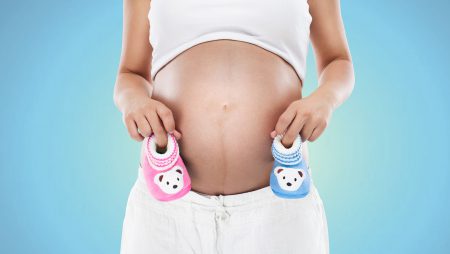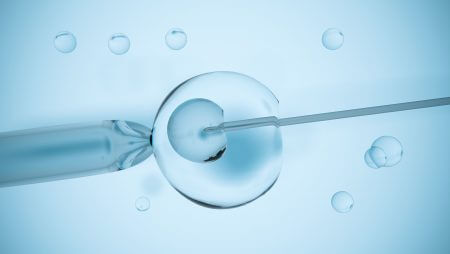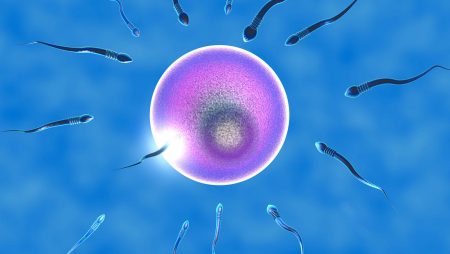Embryo donation is done if two children are not possessed and if there are no eggs in the females, no sperm in the man, or the quality is too low to be used.
The sperm sample selected by the couple from the sperm bank is taken from the appropriate donor. These eggs and sperms are then combined with appropriate methods at the tube infant center in Cyprus to obtain an average of 10 embryos.
Some of the embryos are transferred to the mother while others are frozen on demand. It is also ensured that the child to be born on this number is his / her sister. It is important for the embryo donation that the woman is healthy.
Embryo Donation in Women
- Patients with menopausal or menopausal transition
- Patient with recurrent infertility
- If the egg quality is poor in previous in vitro fertilization experiments
- In cases where an egg can not be obtained in vitro fertilization
- Patients over the age of 43
- Those who have received ovarian surgery
- Those receiving chemotherapy or radiotherapy
- Those who are carriers of a genetic or chromosomal disorder
- It can be done when the mother wishes to be a child without having a male partner.
Embryo Donation in Male
- Severe chromosomal abnormality in sperm
- Erkein is a carrier of a genetic disease that can not be studied in embryos
- A malignant viral illness that can not be rectified
- Azospermia (no sperm) – unable to obtain sperm in MicroTESE or TESE
- Adverse outcomes in IVF treatment due to sperm quality
- It can be done in cases where male is Rh + and isoimmunisation has been detected in her previous pregnancy.
Some tests are required before the operation.
- Hemogram (blood count)
- Blood group
- TSH
- FT4
- HBsAg
- Antihıv
- Antihcv
- VDRL
- Uterine Films (HSG)





